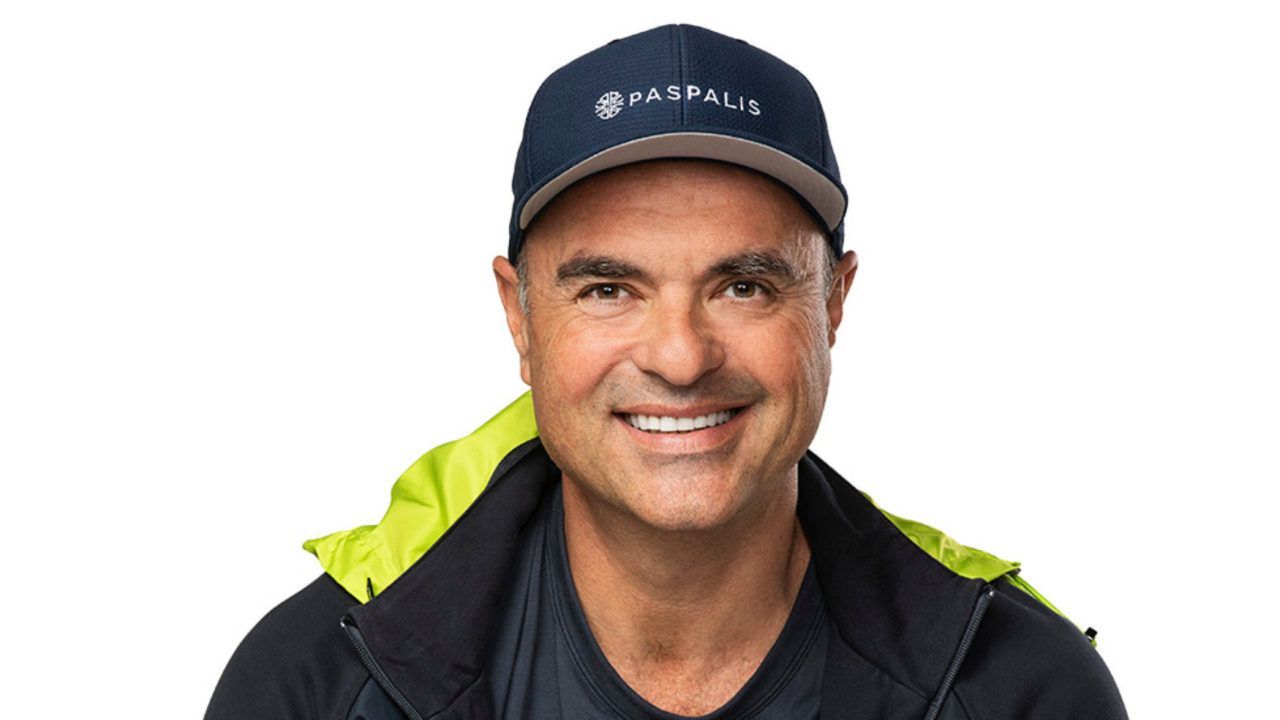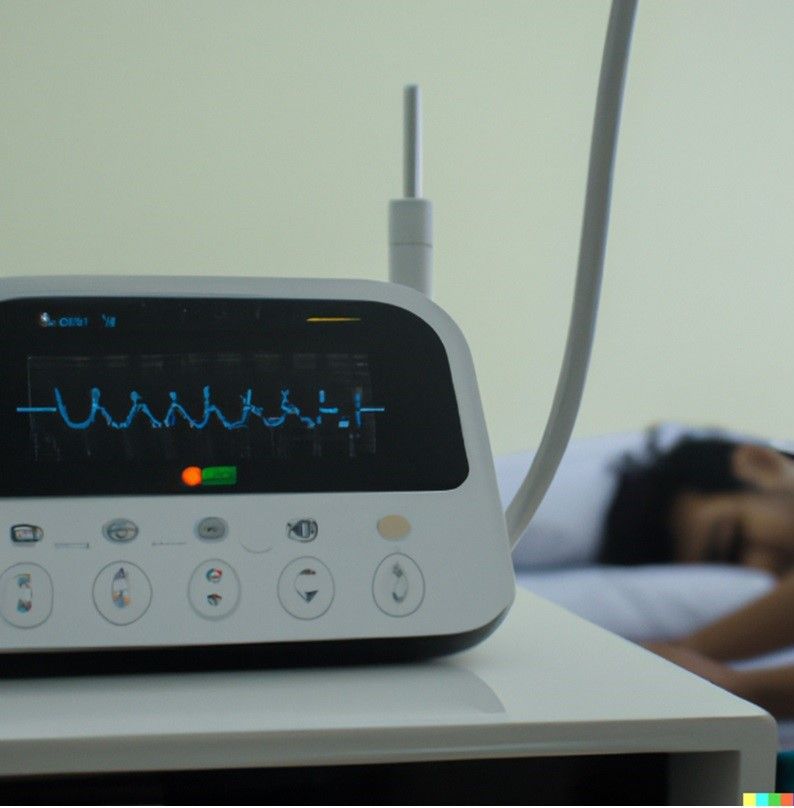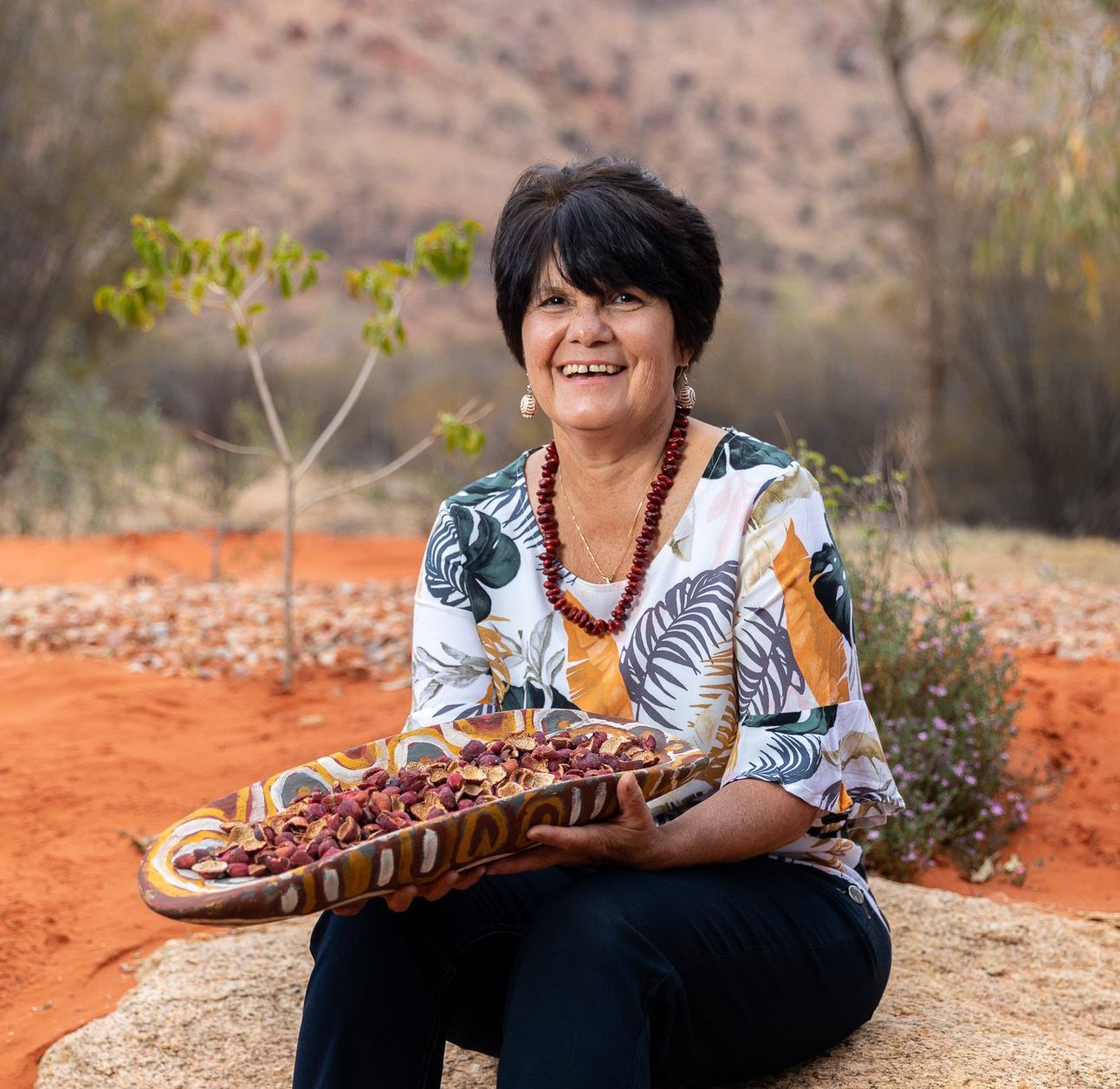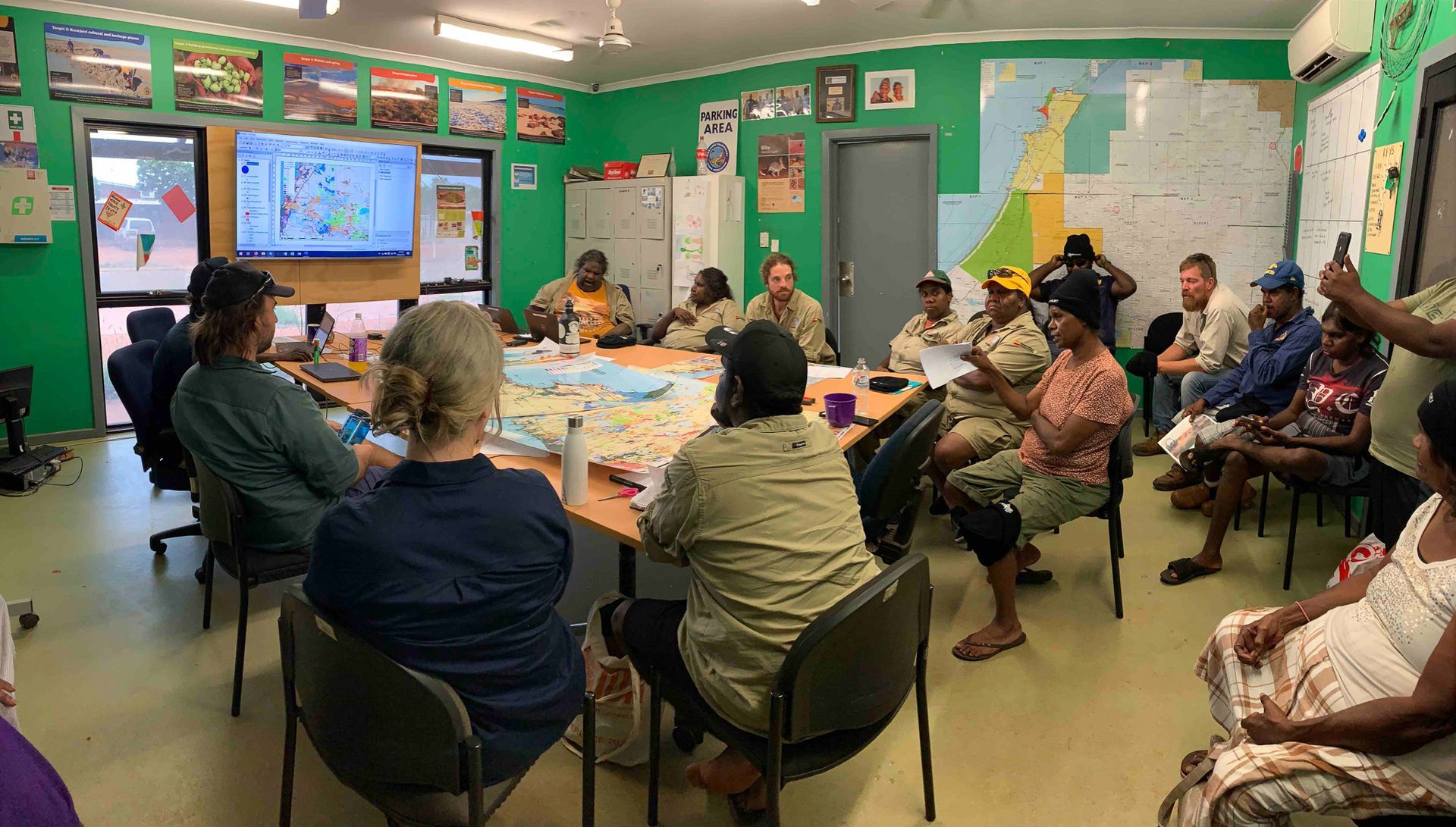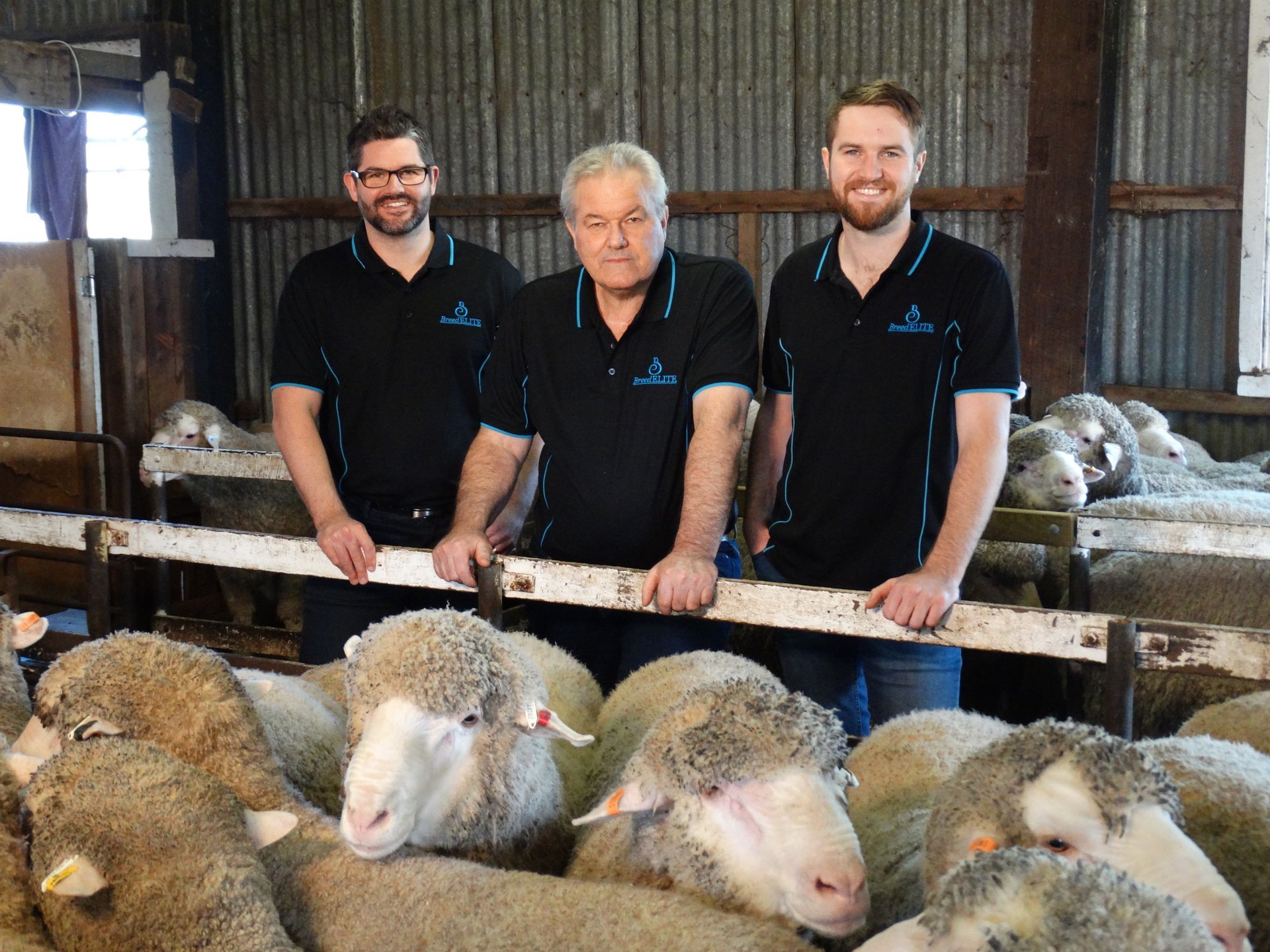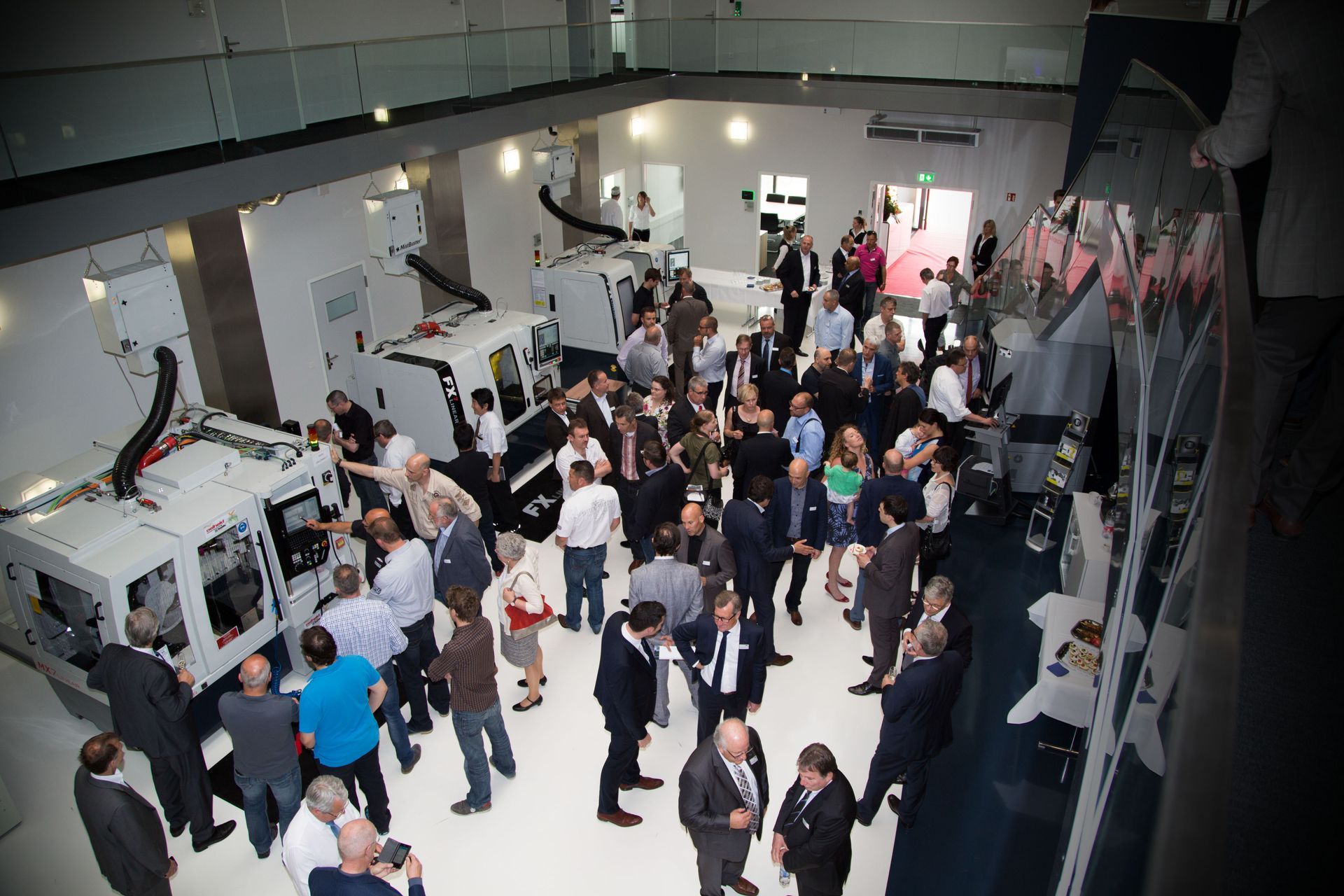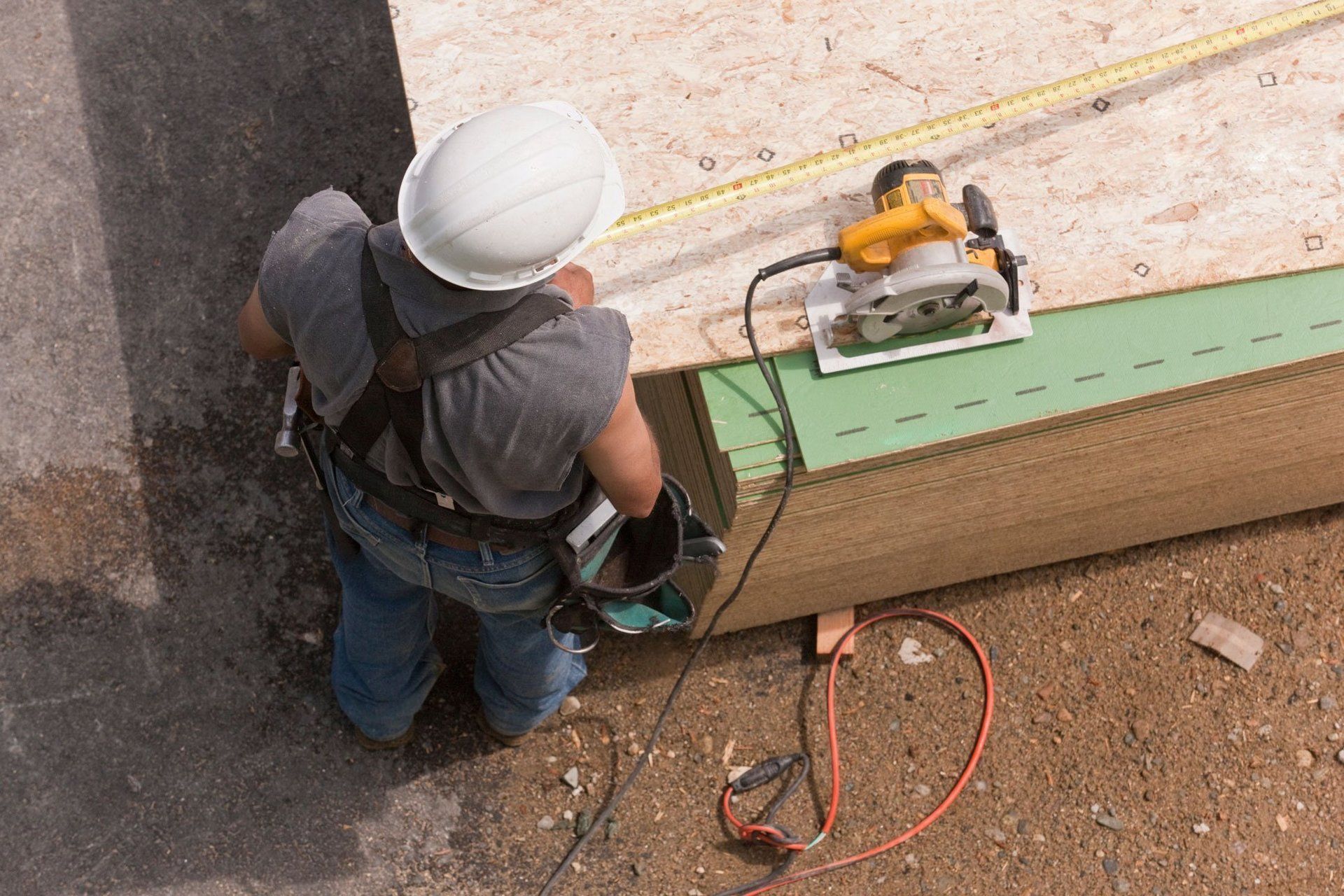Innovating for the greater good, Inventing for a healthier humanity
Harnessing the power of leading-edge science to save and improve lives around the world, Merck is helping humanity meet the challenges of today and prepare for the challenges of tomorrow.
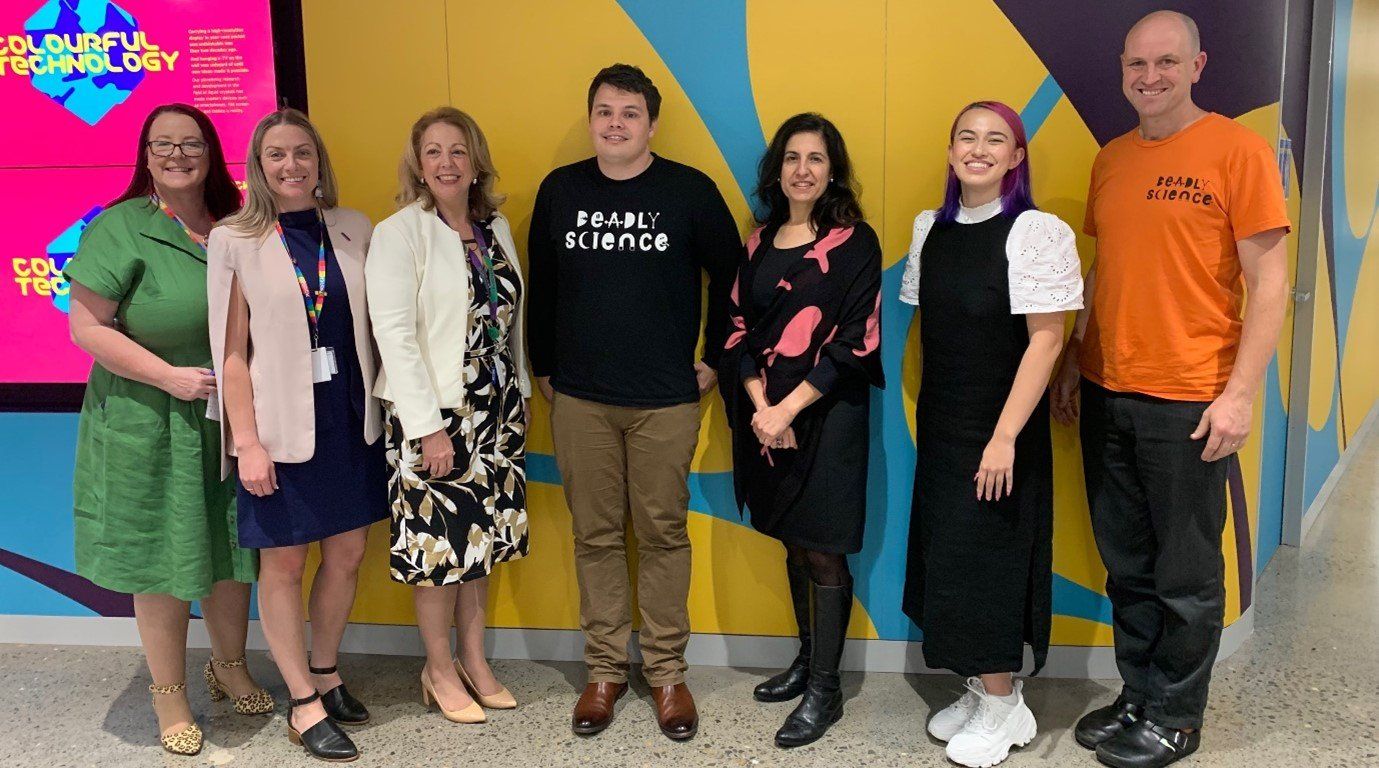
With more than 60,000 employees across 66 countries worldwide, German multinational science and technology company, Merck Group, is divided into three streams: Healthcare, Life Sciences and Electronics. Founded in 1668, Merck is the world's oldest operating chemical and pharmaceutical company.
For more than three and a half centuries, Merck’s unwavering commitment to ongoing scientific exploration and responsible entrepreneurship have been key to the company’s long list of achievements in technological and scientific advancement, providing a solid ethical foundation from which it has consistently been able to innovate, invent, expand, and evolve.
Locally, Merck ANZ employs over 250 people within Australia and New Zealand, Merck Life Science provides over 100,000 different products to all of the leading universities, research institutes and biotechnology companies in Australia, while the company’s Healthcare division provides oncology, neurology and fertility treatments to patients around the country.
In 2021, Merck strengthened and expanded its commitment to diversity. While Merck has always been a diverse organisation – it recognises that the success of the organisation depends on an ability to foster an environment that promotes equity and cultivates inclusion.
This approach is demonstrated by more than 36% of leadership roles globally held by women and at a local level with Josie Downey at the helm as General Manager and Managing Director, Merck Healthcare ANZ and Rebecca Lee, Head of Science and Laboratory Solutions and Managing Director of Merck Life Science ANZ.
Mobilising Merck's Might To Fight The Pandemic
Merck's commitment to supporting and strengthening human progress was clearly demonstrated in the organisation's response to COVID-19.
“During these difficult times, Merck stepped up and was fully dedicated to actively contributing its substantial resources and significant expertise to fight what has become the biggest health crisis of the last 100 years, drawing upon its global scale and breadth of experience and talent to help humanity battle the disease”, says Josie.
Merck’s contribution to the pandemic’s response includes product and service support for 80 Vaccine manufacturers, the use of Merck’s raw materials and services for over 35 COVID-19 test systems, while more than 50 Monoclonal antibodies, plasma products and antiviral drugs rely on resources and intellectual property provided by Merck.
In October 2020, the Australian Government announced it had contracted CSL Behring Australia to manufacture approximately 50 million doses of COVID-19 vaccines in Australia for supply to the country, the first doses of which were rolled out in March 2021. In Australia, Merck’s teams collaborated intensely with CSL to ensure the vaccine, developed in partnership with the Oxford University’s Jenner Institute, was produced within the critical timelines required. Merck teams worked around the clock successfully enabling supply of all the necessary components to support manufacturing the vaccine in Australia during the height of the pandemic.
Laying The Foundation For A Stronger Future
Merck is pioneering systems and techniques of collaboration, innovation and engagement that will continue to drive human progress throughout the 21st century and beyond, through its commitment to enhancing sustainability and equity of access, as well as the implementation of practical corporate social responsibility programs that facilitate STEM empowerment and Reconciliation.
“Sustainability is a key component of our organisational culture and an obligation we take very seriously and work to fulfill every day”, says Rebecca.
Rebecca adds “by harnessing our global scale and 354-year history, Merck’s people across the world are continually striving to create long-term value for society, by fostering progress for more than one billion people, targeting climate neutrality by 2040 and actively working to significantly reduce our resource consumption and carbon footprint”.
Importantly, Merck strives for complete transparency in terms of its progress in achieving these ambitious goals, proactively informing and educating stakeholders about its initiatives, programs and achievements, annually publishing a comprehensive report on efforts to maximise sustainability within the business and across the globe.
Equity of access to healthcare and the miracles of modern medicine at a global level are also fundamental objectives for Merck.
“Global healthcare spending is expected to reach over $10 trillion by the end of 2022, however, more than half the world’s population still lack adequate access to healthcare”, says Josie. “That’s why we decided to make equitable access to healthcare and medicine one of the company’s top priorities in an effort to address this global health challenge.”
“At Merck, we actively leverage our extensive networks and depth of expertise to identify, develop and implement solutions for developing healthcare systems that serve patients, scientists and customers and achieve progress for people, communities and society”.
Merck is engaged in addressing pressing issues and healthcare challenges that affect millions of people, helping to increase and improve health outcomes for underserved populations in developing nations by fostering local collaboration on projects of scientific innovation and technological significance.
Identifying And Inspiring The Next Generation Of Innovators And Inventors
A concerted, global effort to empower women and young people in the fields of Science, Technology, Engineering and Mathematics, is also underway. At a local level, Merck and First Nations Australian Charity, DeadlyScience, have signed a three-year partnership agreement earlier this year to help empower young Indigenous children in remote communities with culturally appropriate scientific knowledge by providing hands-on learning tool kits that connect them to the First Scientists of Australia – Aboriginal and Torres Strait Islander people.
“Founded in 2019 by proud Kamilaroi man Corey Tutt, DeadlyScience has engaged with over 100 remote communities and often critically under-resourced schools across the country,” says Rebecca
“The DeadlyScience and Merck project builds on these fantastic achievements by providing these children with experimental kits to promote interest and engagement of science during early learning and create pathways for up-coming scientists to emerge from these rural communities.”
All over Australia, New Zealand and the world, Merck’s employees work every day to make a positive difference to millions of people’s lives by creating better, healthier and more sustainable ways to live. From fighting COVID-19 to laying the foundation for a better future for humanity, the Merck brand is ubiquitous and its impact within healthcare and medical science is undeniable.
“At Merck, we drive pioneering solutions, partnerships and sustainable business models to address unmet needs across the health value chain, actively contributing to the United Nations’ 2030 Sustainable Development Goals,” says Rebecca. “In this way, we create shared value, impact for society and sustainable business value for our company.”

